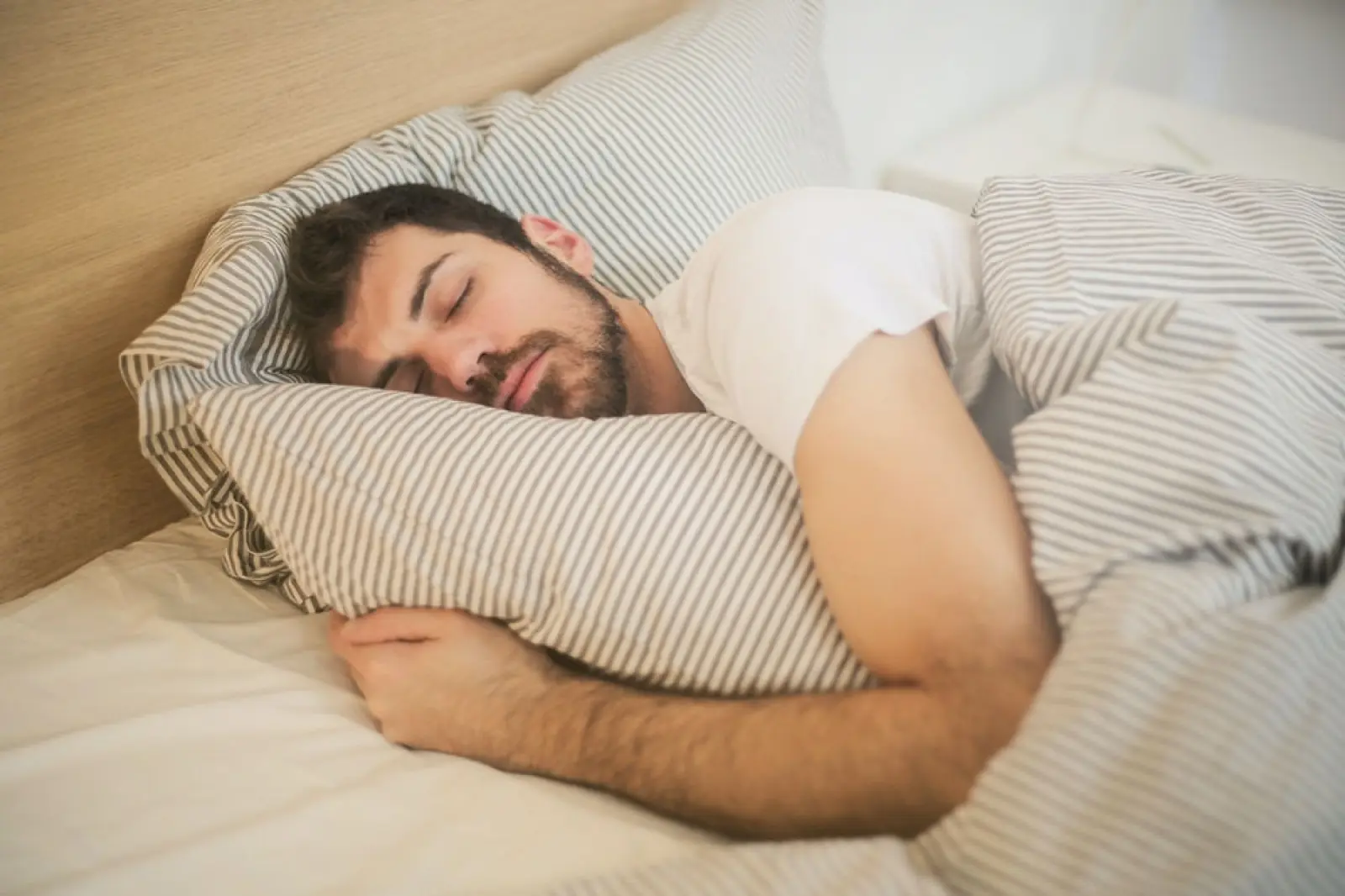
Remedy For Falling Asleep Quickly

If you’re finding it hard to fall asleep or stay asleep at night, you’re in good company. Millions of people experience short-term insomnia, a common and frustrating sleep disorder that can significantly impact mood, focus, and overall well-being. While everyone’s sleep needs vary slightly, most adults require at least seven hours of quality rest each night to support physical and mental health.
Whether your sleep struggles are occasional or more persistent, the good news is that there are natural approaches that may help. From calming herbal remedies to relaxation techniques and lifestyle shifts, you can create a healthier sleep environment that supports your body’s natural rhythms.
In this guide, we’ll explore proven habits and gentle, natural remedies that can support deeper, more restorative sleep—without medication.
🌿 Natural Remedies That May Support Sleep
Herbs have been used for centuries to encourage relaxation and better sleep, but it’s important to approach them thoughtfully. While many are safe and widely available, scientific research on their effectiveness remains limited, and some may interact with medications or health conditions.
Always talk with your doctor before starting any new herbal supplement or tea, especially if you’re pregnant, nursing, taking medications, or have chronic health concerns.
Herbal Teas & Supplements to Consider:
-
Valerian Root (Valeriana officinalis)
Known for its sedative properties, valerian may help shorten the time it takes to fall asleep and improve sleep quality. However, it may cause vivid dreams or grogginess in some people and should be avoided by pregnant individuals, children, and those on certain medications. -
Chamomile
Chamomile tea is one of the most popular natural sleep aids, thanks to its mild sedative effect. The FDA generally recognizes it as safe, but people with allergies to ragweed, chrysanthemums, or daisies should avoid it. -
Lemon Balm
A member of the mint family, lemon balm is often used for its calming properties and may help ease anxiety and improve sleep when taken as a tea or supplement. -
Fennel
Though typically used for digestion, fennel may also help promote relaxation when consumed in tea form. -
Licorice Root
Known for its sweet flavor and stress-reducing effects, licorice root may support relaxation, but it can raise blood pressure and interact with certain medications. -
Oat Straw or Linden Flowers
Often found in calming tea blends, these gentle herbs are used in traditional medicine to ease nervous tension and support sleep. -
Tulsi (Holy Basil), Lettuce, or Parsley Leaves
These mild herbs are sometimes used in folk medicine to reduce anxiety and support restfulness. -
Apple Peel
Surprisingly, apple peel contains natural antioxidants and compounds that may aid in relaxation when steeped into a tea. -
Lavender (Aromatherapy)
Not for ingestion, but widely used as an essential oil in aromatherapy. The scent of lavender has been shown in studies to promote calm and improve sleep quality, especially when used in diffusers, pillow sprays, or baths before bed.
📝 Tip: If you’re sensitive to caffeine or stimulants, make sure your teas are labeled caffeine-free. Even small amounts of caffeine can disrupt sleep in some individuals.
🧘♀️ Relaxation Techniques to Unwind Before Bed
Incorporating calming rituals into your evening can help your brain and body shift into a state of rest. These simple practices can trigger your parasympathetic nervous system—your body’s built-in “relaxation mode.”
Here are some relaxation techniques worth trying:
-
🫖 Sip a warm, caffeine-free drink, such as herbal tea, golden milk, or warm almond milk with cinnamon
-
🛁 Take a warm bath or shower about an hour before bed—this can help lower your core body temperature and signal it’s time to sleep
-
📖 Read a calming book or magazine to help shift your mind away from the day’s stress
-
🎧 Listen to soft music, ambient sounds, or an audiobook to create a soothing atmosphere
-
🧘 Practice mindfulness or meditation to quiet racing thoughts and increase body awareness
-
🌬️ Try deep breathing techniques, like box breathing or abdominal (diaphragmatic) breathing, to slow your heart rate and reduce tension
-
✍️ Journaling or gratitude lists can help offload thoughts and calm the mind before sleep
🌙 Creating a personalized bedtime routine you enjoy can train your body to associate these cues with winding down.
🛏️ Healthy Sleep Habits That Make a Difference
While natural remedies and rituals can help, the foundation of better sleep is built on daily habits. Your behaviors during the day and night directly affect your circadian rhythm—your body’s internal clock.
Here are sleep hygiene tips that support long-term sleep health:
✔️ Stick to a regular schedule – Go to bed and wake up at the same time each day, even on weekends. This trains your internal clock for consistency.
✔️ Move your body during the day – Regular exercise (even a daily walk) helps reduce stress hormones and promotes deeper sleep.
✔️ Limit naps – Keep naps under 30 minutes and avoid them late in the day to prevent nighttime restlessness.
✔️ Cut back on stimulants – Reduce your intake of caffeine, nicotine, and alcohol, especially after mid-afternoon.
✔️ Eat light in the evening – Avoid large meals, spicy foods, or heavy snacks close to bedtime to prevent indigestion.
✔️ Watch your fluid intake – Too many drinks before bed can lead to disruptive trips to the bathroom overnight.
✔️ Create a wind-down routine – Dim lights, power down screens at least an hour before bed, and choose relaxing activities over stimulating ones.
✔️ Keep your bedroom cool, dark, and quiet – Your environment plays a huge role in sleep quality. Consider blackout curtains, a white noise machine, or cooling bedding.
❗ Avoid screen time before bed—the blue light from phones, tablets, and TVs suppresses melatonin, your body’s natural sleep hormone.
👩⚕️ When to Talk to a Doctor
If you've tried natural approaches and healthy sleep habits but are still struggling to get adequate rest, it may be time to speak with a healthcare provider. Chronic insomnia or disrupted sleep could be a sign of an underlying condition, such as:
-
Anxiety or depression
-
Sleep apnea
-
Restless legs syndrome
-
Hormonal imbalances
-
Medication side effects
A doctor can help you uncover the root cause of your sleep issues and recommend targeted treatments or referrals to a sleep specialist. In some cases, short-term use of medication or cognitive behavioral therapy for insomnia (CBT-I) may be recommended.
💤 Final Thoughts: Sleep is Foundational — Protect It
Getting quality sleep isn’t just about avoiding grogginess—it’s a key pillar of health. Poor sleep has been linked to everything from weakened immunity to higher risks of heart disease, diabetes, and mood disorders. By taking small but consistent steps—like adding calming herbs, creating a soothing bedtime routine, and supporting your body’s rhythms—you can make sleep something you look forward to, not dread.
Better sleep is possible. With patience and the right tools, you can retrain your body to rest more deeply, wake up more refreshed, and improve your overall well-being—one night at a time.
News in the same category


Top 15 Natural Collagen-Boosting Foods That Rebuild Skin, Joints, and Bones Fast
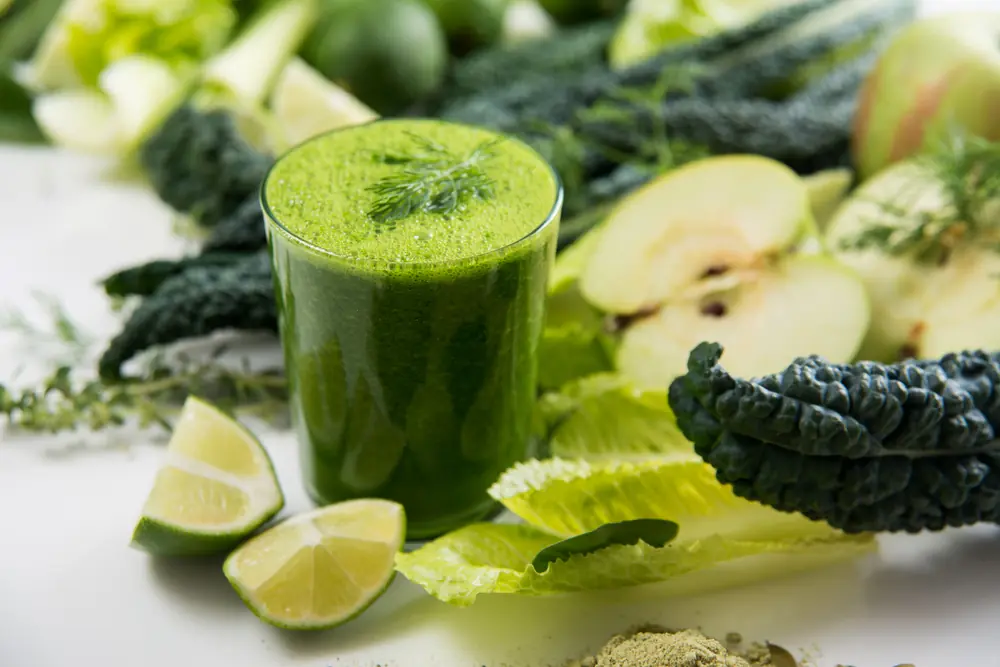
Cleanse Your Kidneys of Toxins With 2 Effective 1-Ingredient Drinks
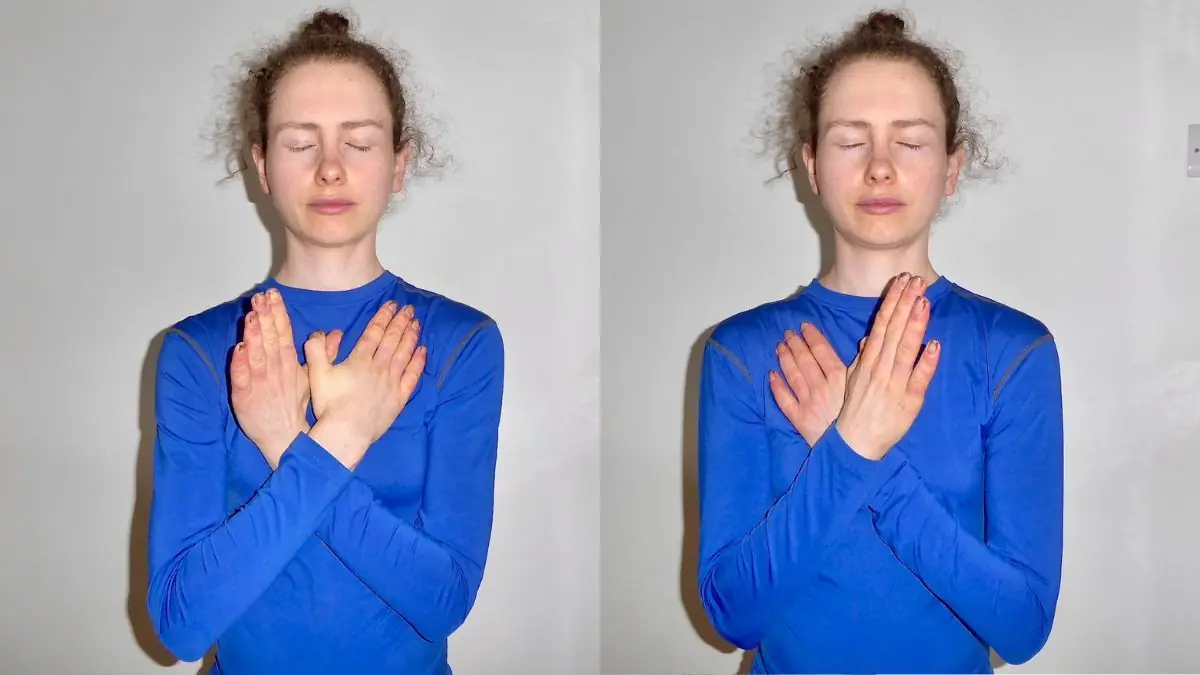
The 60-Second Trick to Reset Your Nervous System (A Himalayan Salt Bio-Hack)

Top 6 Natural Remedies to Fight Neuropathic Pain (Peripheral Neuropathy Home Remedies)
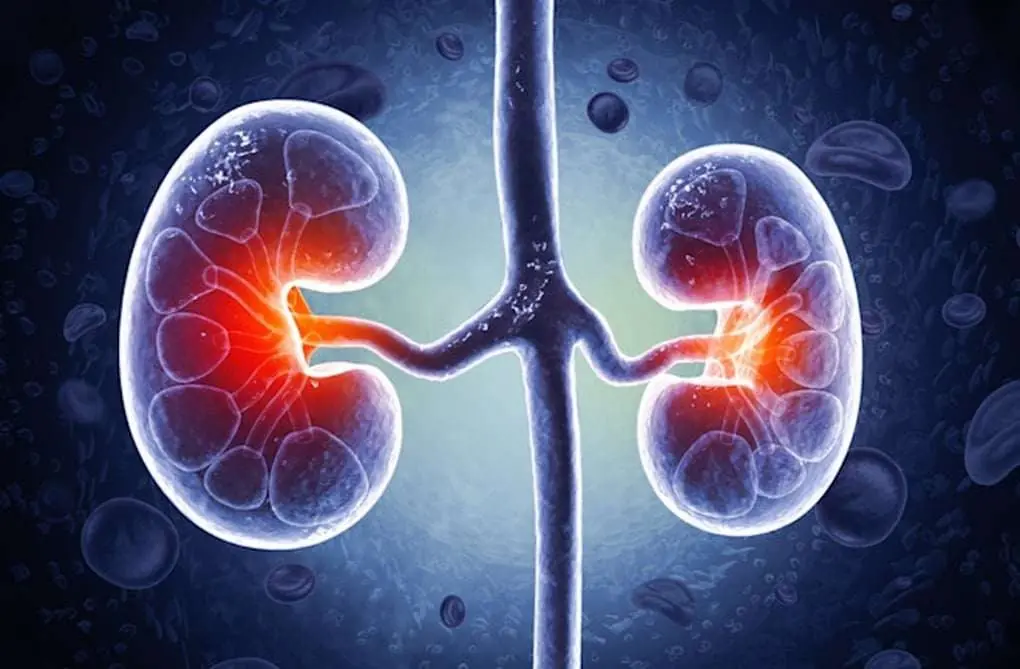
Revitalize Your Kidneys with This Ancient Amazonian Infusion
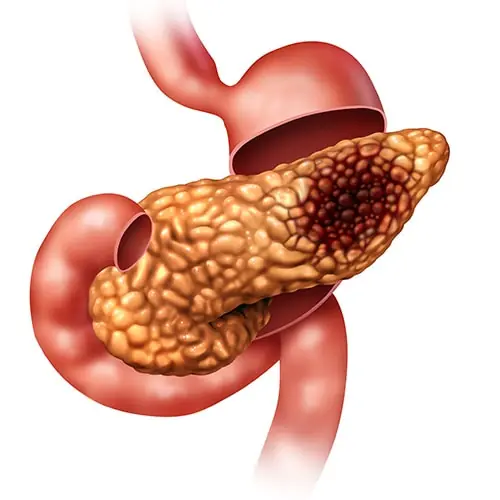
5 Early Warning Signs of Pancreatic Cancer, According to Survivors

Drink Water On An Empty Stomach Immediately After Waking Up – 8 Powerful Benefits

17 Worst Foods for Diabetics

Man has stroke after bathing right after meal: 3 mistakes you shouldn’t make

4 foods to eat on an empty stomach in the morning to cleanse the gut, boost digestion, and lower cancer risk

Discover the Healing Power of Acupressure

#1 hidden risk factor for heart attacks most doctors miss
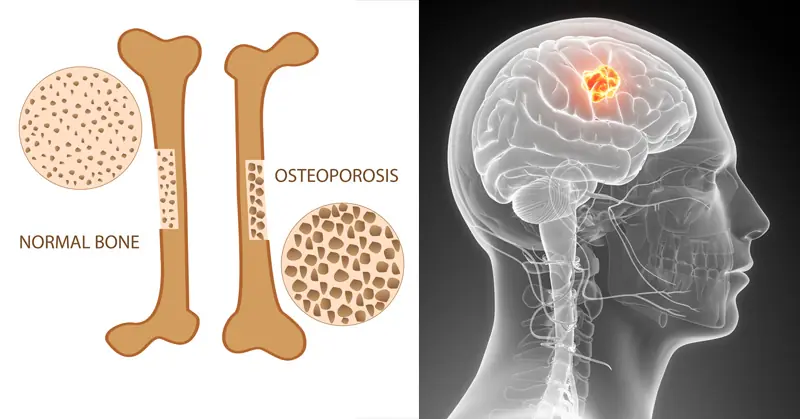
This Drink Destroys Your Bones From the Inside and Harms Every Organ on Its Way Out

Stop Ignoring These 8 Subtle Signs of Heart Trouble Before It’s Too Late
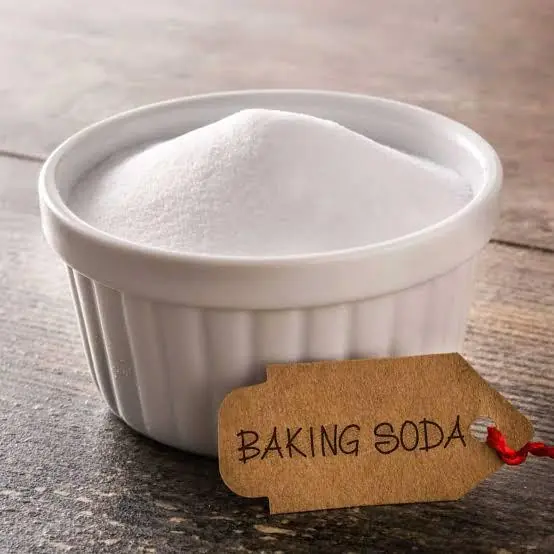
1 Teaspoon of Baking Soda Can Do This to Your Body!

Still Waking Up Tired? This Simple 3g Bedtime Mix Beats Melatonin for Deep Sleep

Here’s How to Starve Cancer to Death By Removing One Thing From Your Diet

This Super Tea Kills Parasites And Cleanses The Body of Toxins
News Post

Rafael Nadal’s Greatest Match: Fighting for Forgotten Dogs

The Officer, the Boy, and the Box of Pokémon Cards.

Grandma’s “Stray Cat” Turns Out to Be a Cougar.

The Walmart Employee Who Became a Hero to a Struggling Mom

Two Wounds, One Journey: The Woman and Dog Who Taught Each Other Grace

A Prom Filled With Love: Young Man’s Selfless Gesture Becomes Unforgettable

A Brother’s Sacrifice: How MJ Became a Hero in a Split Second

K-9 Apollo: A Hero’s Fight for Life and the Community That Saved Him

“One Last Climb: A Man, His Dog, and a Wheelbarrow Full of Love”

The Stranger Who Stopped: How One Man’s Kindness Saved a Puppy’s Life

Why You Should Avoid Leaving a Glass of Water Near Your Bed

Reason Why You Should Always Shower At Night

Place a plate of salted lemon at the head of the bed: Get 5 great benefits and secrets that unfortunately few people know

Add this to the water. Even when you don’t clean the floor in a week

💖 My Nana Knew What She Was Doing — Time-Honored Skincare Wisdom (And What Really Works Today)

Know this trick to distinguish real honey from fake honey, don't be afraid of being tricked into buying poor quality products

Add a few slices of fresh lemon to the pot of boiled eggs: Get great benefits, many people do not know

Extraordinary Visual Skills If You Can Spot The Cat

What does this gesture signify?
